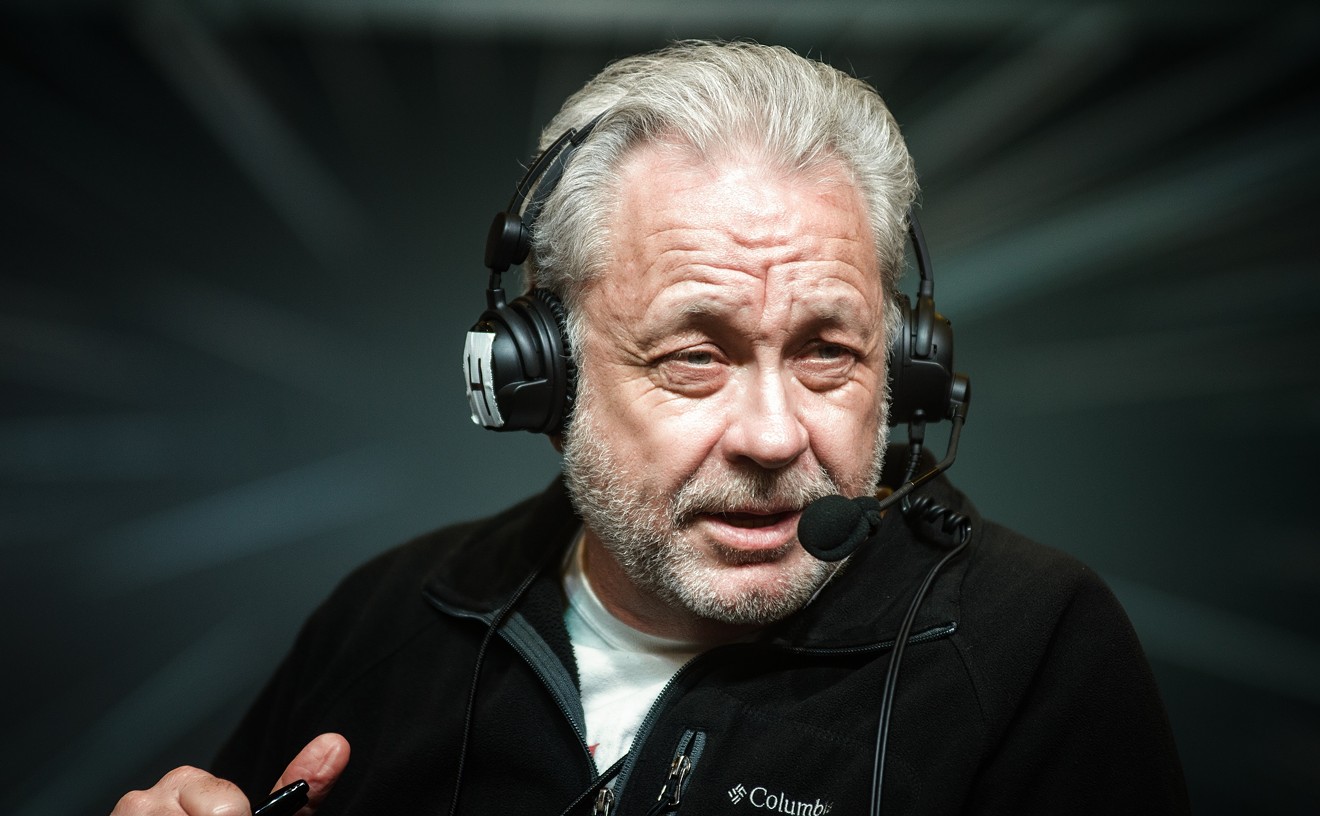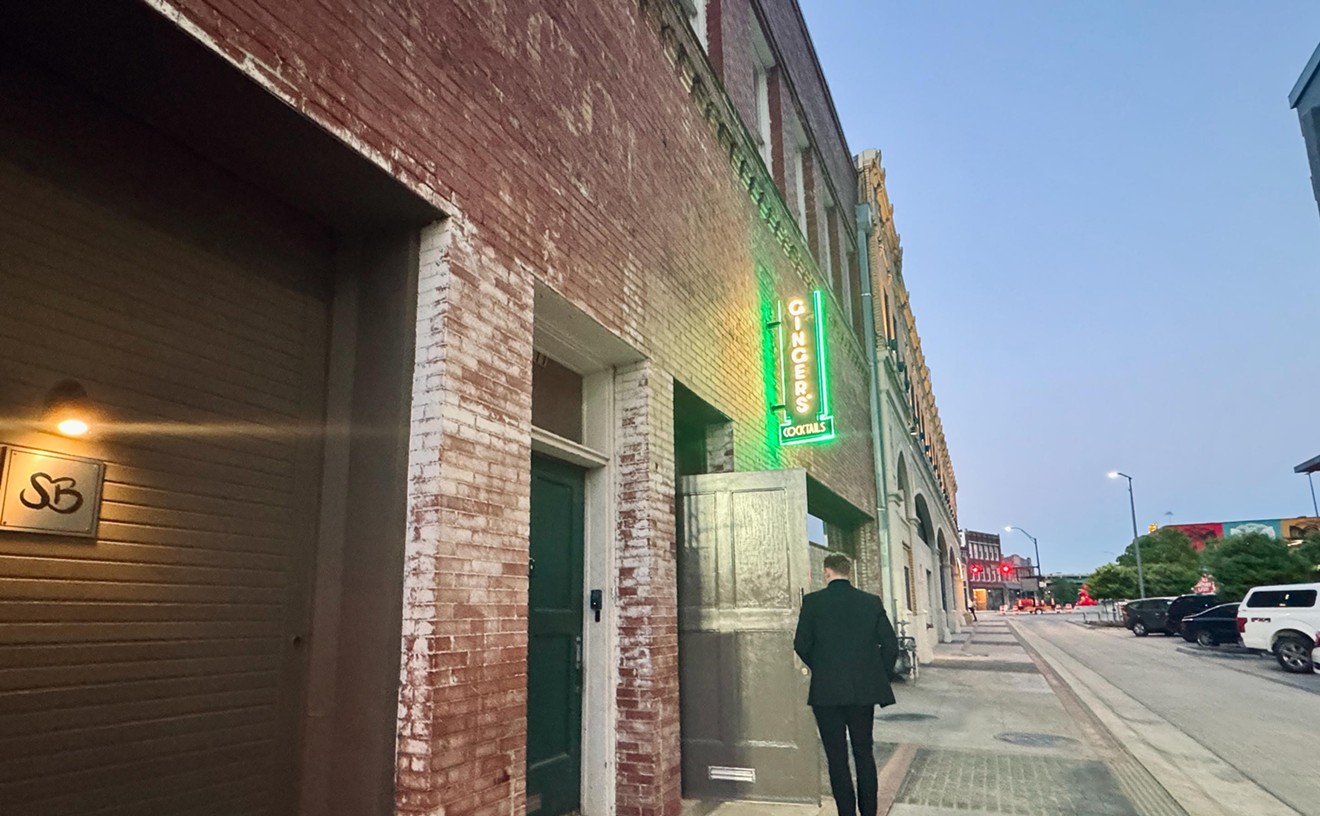At one point in the novel, Giorgio, who narrates, describes his young heart as a "lazy ember." De Sica and his lead actor, Lino Capolicchio, bring us close enough to feel its warmth. Inside the Finzi-Continis' estate, the dire pressures beyond the gate appear distant and abstract, even when Giorgio, the sickly Alberto, and their muscular, Marxist gentile pal Malnate (Fabio Testi) debate the prospects of the impending war. This rising generation won't get a chance to rise, and at some level they know it; their dreaminess meshes, disastrously, with fatalism. They're stuck in a prolonged pre-adulthood. Alberto listens to a sentimental big-band tune, basks in the overcharged affection of his sister, and fades away. (Berger and Sanda are delicately attuned, like felines from the same litter.) And if Giorgio recognizes that by lingering in Fascist Italy he courts annihilation--especially after he learns about Dachau--what gnaws at his gut is Micol.
It's an ache we understand, thanks to Sanda's silky, tantalizing star presence, and her instinctive grasp of Micol's lordly character. She's a literature student, too (her thesis is on Emily Dickinson), and is herself a work of poetry--the final wild flowering of the Finzi-Continis line. As a child, she had a crush on Giorgio, though compared to her he was a commoner. But once the crisis of anti-Semitism relaxes the class barriers among Jews and she welcomes him inside her estate, she sees that in essence they're too similar to be lovers; he's too sensitive to "overwhelm" her. Micol says that to her and Giorgio both, memory is more important than possession, and she's right; what De Sica shows us is that Giorgio still hungers for life, even if it is to feed his memory. Capolicchio has an observant vibrancy that keeps his character from melting into dew, and Sanda tingles in the eyes of her beholders. As a love object, she's crystalline and impervious; Micol bends sight, sound, and emotion to her own private frequency. Taking the climax a step beyond the book, De Sica hands the pair a devastating moment of truth that caps Giorgio's obsession and seals Micol in memory as a taunting, unattainable Venus.
Focusing on men and women who adopt regal gestures even in the synagogue (there's a poignant flashback of the congregation's fathers gathering their children under their prayer shawls), this movie has few surface connections to De Sica's early films. But De Sica did cast an ex-professor to play his debt-ridden retired civil servant Umberto D, and the man brought the character a tattered bourgeois hauteur more harrowing than any plaintive shows of emotion. Micol's father has the title "Professor"; he no longer writes and doesn't teach, and he's so refined he's already like an elegant wraith. Yet when he signals Alberto's death to his family, or subtly waves farewell to Micol and her grandmother, he displays a valiant dignity. He won't profane his style, even when he knows that the final garden of the Finzi-Continis will be a concentration camp.
The Garden of the Finzi-Continis.
Dominique Sanda, Lino Capolicchio, and Helmut Berger. Written by Cesare Zavattini, Vittorio Bonicelli, and Ugo Pirro, from the novel by Giorgio Bassani. Directed by Vittorio De Sica. Opens Friday, January 10.










